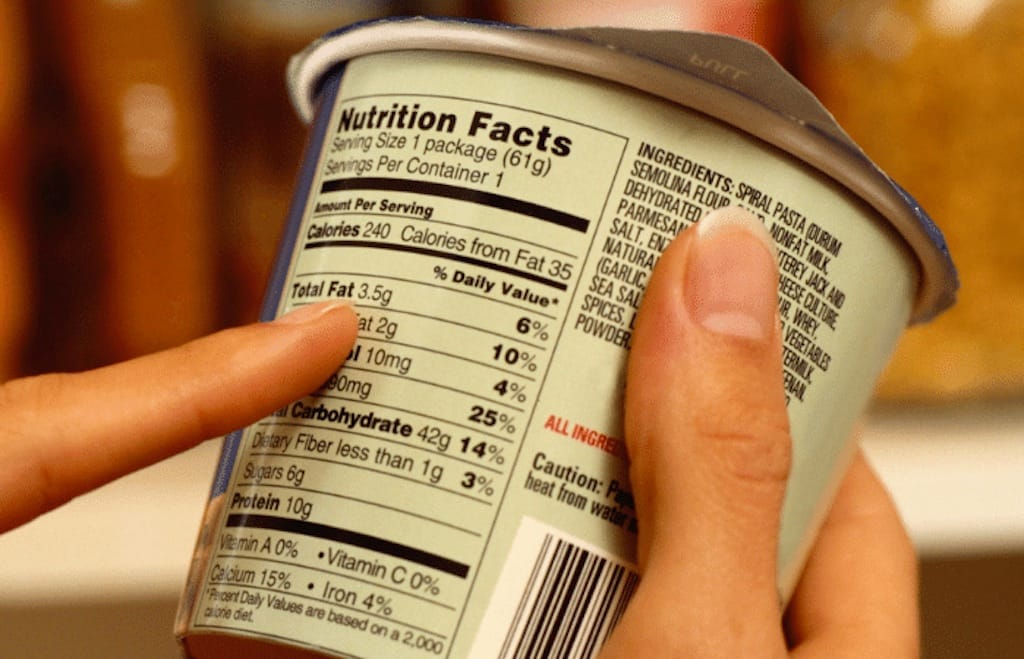Broadband Labels Shouldn’t Burden Small Providers, Wireless Association Says
WISPA’s letter notes that many of its member are small providers that serve sparsely populated areas.
David B. McGarry

November 2, 2022 – The Wireless Internet Service Providers Association filed a letter urging the Federal Communications Commission to reject proposals that would require providers to include broadband labels on monthly internet bills, produce machine-readable labels, or make labels available in multiple languages.
Filed Wednesday and reviewed by Broadband Breakfast before its publication by the FCC, WISPA’s letter argues that the above broadband-label requirements place a “disproportionate” regulatory burden on small providers or cause consumer confusion. The letter notes that many of its member are small providers and emphasizes its “uni[ty]” with industry associations NCTA, ACA Connects, and USTelecom.
In accordance with the Infrastructure Investment and Jobs Act, the FCC will finalize requirements for a nutrition label–style broadband label, intended to bolster consumers’ understanding of their internet plans. Proponents say mandatory labels will prevent providers from misrepresenting service plans or hiding fees. The Commission issued a notice of proposed rulemaking on the matter earlier this year.
WISPA took aim at an October filing by Free Press that argued that unless the FCC mandates the inclusions of broadband labels on customers’ internet bills, the agency “risks merely replicating the status quo wherein consumers must navigate fine print, poorly designed websites, and byzantine hyperlinks.”
“[Free Press’s] concerns, to the extent they are valid as a general proposition, would be exacerbated with overly detailed broadband labels that necessarily require fine print and a large number of hyperlinks to provide all of the information for every plan,” WISPA wrote.
An industry coalition – including Free Press, the Benton Institute, Measurement Lab, the National Broadband Mapping Coalition, and Public Knowledge – petitioned FCC Chairwoman Jessica Rosenworcel Tuesday in favor of a label-on-bill requirement.
“The label cannot fulfill this purpose if it is only displayed once, when a subscriber signs up for service, never to be seen again,” the coalition wrote.
In its rejection of a multilingual label requirement, WISPA once again took aim at Free Press, which supports such a requirement. WISPA called Free Press’s proposal “open-ended” and “cavalier,” arguing the advocacy group “makes no effort to assess the costs and burdens associated with such a requirement, especially for small providers.”









Member discussion